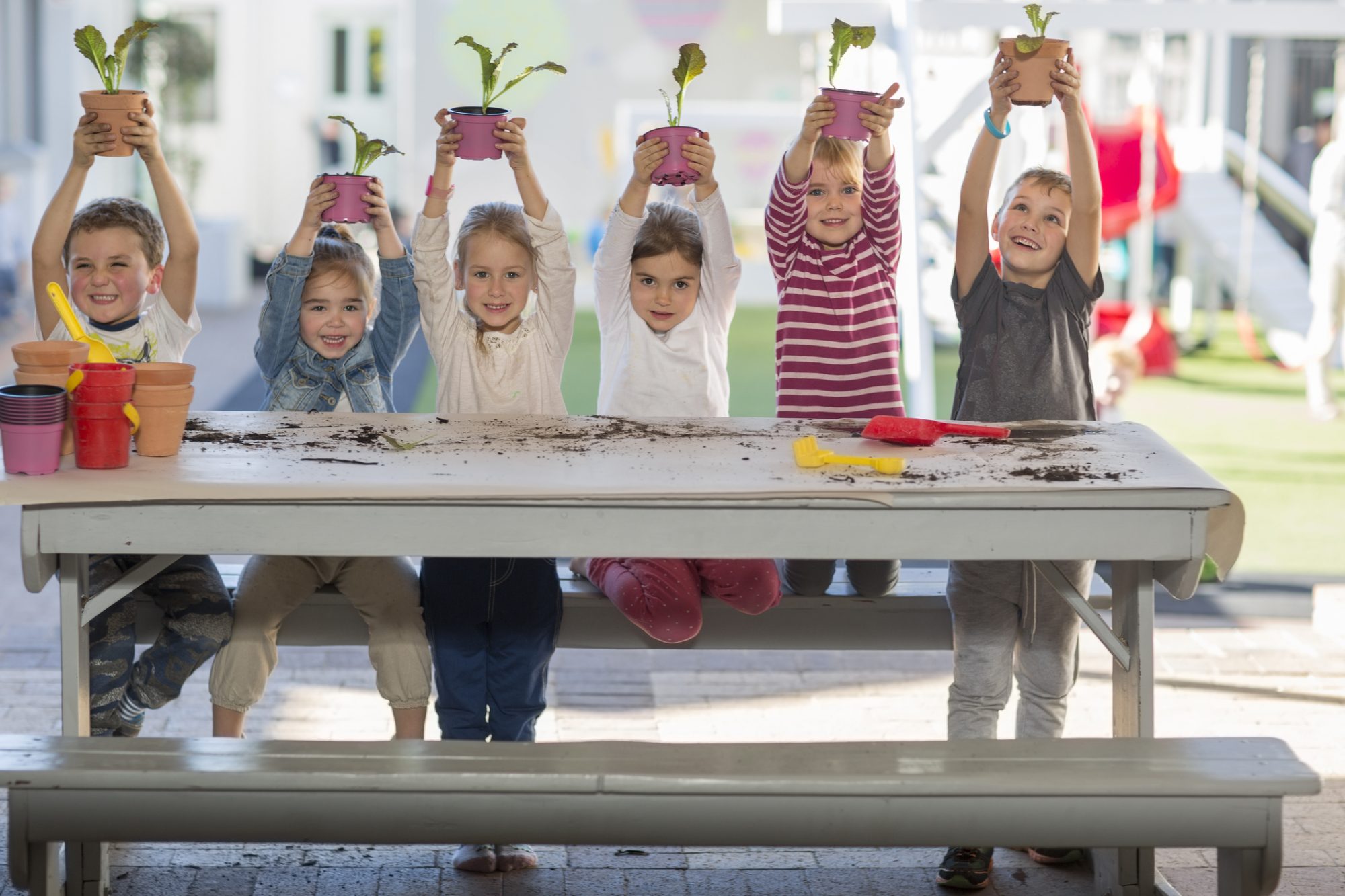You already know your child is a natural-born scientist. Kids are curious by nature, love to test things out, experiment, and learn by doing. By the time they start kindergarten, it's safe to say they've mastered the basics of testing out a hypothesis and investigating it for themselves, but there's so much more to learn.
Although curriculum expectations differ from state to state, you can expect your kindergarten age child to learn about the basics of scientific experimentation, plus these key science concepts:
Here, we breakdown a few specific lessons they'll be learning and suggest simple ways you can support your child's new science skills at home. Before you know it, your budding scientist will be the one teaching you a thing or two!
Weather and Seasons
Kindergarten children begin their exploration of the earth sciences by observing the natural phenomenon they experience every day. They'll discuss the changing seasons and read stories about weather and different times of the day. They may also begin to look at extreme weather and earth features like typhoons, earthquakes, and volcanoes.
How you can help at home:
Ourselves
Small children love to learn more about themselves so "Ourselves" is a popular kindergarten topic across subject areas. As part of life sciences, they'll observe how living things grow and develop.
How you can help at home:

Animals and Plants
Continuing their education in the life sciences children in kindergarten will also learn about animal and plant life on Earth. They'll compare and sort different animals based on their classification such as mammal, reptile, bird.
How you can help at home:
Materials and Their Properties
As part of learning about the physical world, children will be expected to explore and describe their environment. They will use their senses to identify different materials and describe them using words like shiny, bumpy, soft, hard, etc.
How you can help at home:
Experimentation Skills
Kindergarten science introduces children to the basic scientific skills they will utilize throughout their school life. These essential scientific skills include:
Children will have the opportunity to develop these scientific skills through basic experiments and observations. They'll be asked to look closely, to use their best guesses to predict what will happen next, to test and experiment, and to carefully think about the results.
How you can help at home:
Frequently ask your kindergartner lots of questions to develop their natural curiosity. Say:
It's also important to show your child that even adults don't know all the answers and to model how to look for reliable information.













